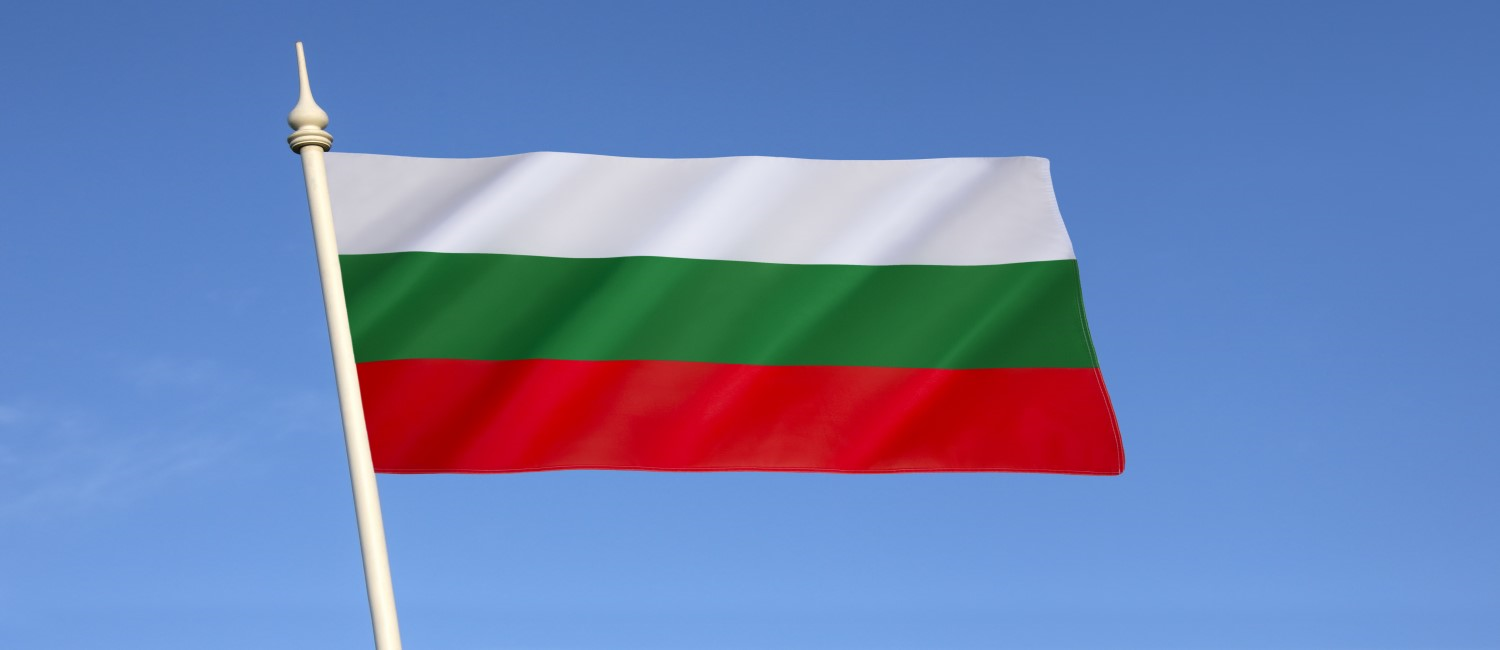The Netherlands, renowned for its robust financial sector and commitment to upholding international standards, stands at the forefront of AML efforts. As a member of the international community, the Netherlands aligns itself with the principles set forth by organizations such as the Financial Action Task Force (FATF) to ensure the integrity of its financial systems and prevent the misuse of funds for unlawful purposes. The unique features of the Dutch financial landscape, coupled with its technological advancements, have led to the development of innovative AML strategies that warrant exploration.
History and Legal Framework for AML in the Netherlands
The Netherlands' efforts to counter money laundering gained prominence in the late 20th century as financial globalization expanded. Being a global financial center, the country recognized the need to safeguard its reputation and financial stability by preventing money laundering activities.
The key milestones in the Netherlands' AML journey include:
- The Introduction of AMLD1: The Netherlands aligned itself with the European Union's first Anti-Money Laundering Directive (AMLD1) in 1993. This marked the initial steps in implementing comprehensive AML regulations and establishing a national framework to combat money laundering.
- Strengthening AML Efforts: Over the years, the Netherlands has consistently enhanced its AML laws. Notable developments include the introduction of the Act on the Prevention of Money Laundering and Terrorist Financing (WWFT) in 2008. This Act expanded the scope of AML regulations, introducing obligations for various sectors, including financial institutions, real estate agents, and notaries.
- Transposition of AMLD4 and AMLD5: The transposition of the sixth and fifth Anti-Money Laundering Directives of the European Union brought further enhancements to the Netherlands' AML regime. These directives led to stricter customer due diligence requirements, improved transparency, and increased cooperation among member states.
Key Legal Instruments
The Netherlands' AML framework is anchored by the following key legislations:
- Act on the Prevention of Money Laundering and Terrorist Financing (WWFT): This Act outlines the AML and counter-terrorism financing obligations for various entities, including financial institutions, accountants, tax advisors, and casinos.
- Sanctions Act 1977: This Act empowers Dutch authorities to impose economic sanctions on individuals, entities, and countries involved in money laundering, terrorist financing, or other financial crimes.
- Wet ter voorkoming van witwassen en financieren van terrorisme BES: This legislation extends AML regulations to the Caribbean Netherlands, comprising the special municipalities of Bonaire, Sint Eustatius, and Saba.
- Wet op de economische delicten (WED - Economic Offenses Act): This Act provides the legal foundation for prosecuting economic offenses, including money laundering and financial crimes. It outlines penalties and enforcement mechanisms for individuals and entities engaged in such offenses.
- Financial Supervision Act (Wet op het financieel toezicht - Wft): While primarily focused on regulating the financial industry, the Wft also includes provisions related to AML and the obligations of financial institutions to prevent money laundering and terrorist financing.
Government and Regulatory Role in AML
The fight against money laundering and terrorist financing is a shared responsibility involving governments, regulatory bodies, and various stakeholders. In the Netherlands, a comprehensive framework is in place to ensure effective anti-money laundering (AML) measures and to maintain the integrity of the financial system.
- De Nederlandsche Bank (DNB): DNB is the central bank of the Netherlands and the prudential supervisor of financial institutions. It oversees banks, insurers, pension funds, and other financial entities. DNB plays a critical role in ensuring that these institutions have robust AML and customer due diligence practices in place.
- Autoriteit Financiële Markten (AFM): AFM is the Netherlands Authority for the Financial Markets. It supervises financial markets, investment firms, and financial service providers to ensure fair and transparent markets. AFM's responsibilities include monitoring AML compliance in the securities sector and promoting investor protection.
- Financial Intelligence Unit Netherlands (FIU-NL): Operating under the National Police, FIU-NL is the central agency responsible for receiving, analyzing, and disseminating reports of unusual financial transactions and activities. It serves as a hub for detecting potential money laundering and terrorist financing activities and provides valuable intelligence to law enforcement agencies and supervisory authorities.
- Ministry of Finance: The Ministry of Finance is responsible for developing AML policies, regulations, and legislation in collaboration with other ministries and relevant authorities. It sets the strategic direction for AML efforts in the country and ensures alignment with international standards.
- Centraal Planbureau (CPB): The CPB is the Netherlands Bureau for Economic Policy Analysis. While not a dedicated AML regulator, it contributes by conducting economic analyses and providing insights that inform the government's AML strategies and policies.
- Dutch Data Protection Authority (Autoriteit Persoonsgegevens): While focused on data protection, this authority also intersects with AML efforts, as AML compliance involves handling personal data. It ensures that AML activities adhere to data protection regulations.
AML Compliance and Key Points
The Netherlands has established a comprehensive framework to combat money laundering and terrorist financing, aligning with international standards and regulations. Here is an overview of AML compliance and key points in the Netherlands:
Customer Due Diligence (CDD)
Financial institutions and other obligated entities are required to perform robust CDD procedures on their customers. Enhanced due diligence is necessary for high-risk customers, including politically exposed persons (PEPs) and customers from high-risk jurisdictions.
Reporting Suspicious Transactions
Financial institutions and other entities must report suspicious transactions to the Financial Intelligence Unit Netherlands (FIU-NL). Timely reporting of unusual activities is vital to prevent and detect money laundering and terrorist financing.
Record Keeping
Obligated entities are required to maintain records of customer transactions, CDD measures, and other relevant data for at least five years.
Risk Assessment
Entities must conduct risk assessments to identify and mitigate money laundering and terrorist financing risks. Risk assessments help tailor AML measures to specific risk profiles.
Training and Awareness
Adequate training programs are essential to ensure that employees are aware of AML obligations and are capable of detecting suspicious activities.
Technology and Innovation
The use of technology, including data analysis and digital solutions, is encouraged to enhance AML capabilities and improve transaction monitoring.
Cross-Border Cooperation
The Netherlands actively collaborates with other countries, sharing information and intelligence to track cross-border financial flows.
Penalties and Enforcement
Regulatory authorities, such as De Nederlandsche Bank (DNB) and Autoriteit Financiële Markten (AFM), enforce AML rules and conduct inspections.
Money Laundering Risks of Country
Money laundering risks in the Netherlands are influenced by several factors, including its strong economy, advanced financial infrastructure, and its role as an international trade and financial hub. While the Dutch government and financial institutions have taken steps to combat money laundering, there are still significant risks that need to be addressed. Here are some key points to consider:
- International Trade Hub: The Netherlands' strategic location and well-developed infrastructure make it a major player in international trade. However, this also exposes the country to the risk of trade-based money laundering, where illicit funds are concealed within legitimate trade transactions.
- Real Estate Market: The Dutch real estate market has experienced significant price increases, attracting foreign investment. This can create opportunities for money launderers to invest illicit funds in properties, making it important to ensure that proper due diligence is conducted on real estate transactions.
- Shell Companies and Trusts: The Netherlands' corporate tax regime, while designed to attract foreign investment, can also be exploited for illicit purposes. The ease of creating and operating shell companies and trusts could be abused to disguise the origins of funds.
- Banking Sector: The Dutch banking system is well-developed and integrated into global finance. This connectivity can be exploited by criminals seeking to move funds through multiple accounts to obscure their origins.
- Human Trafficking and Organized Crime: As a transit and destination country for human trafficking and organized crime, the Netherlands faces challenges related to money laundering linked to these activities.
AML Solutions for the Netherlands
Sanction Scanner's innovative software is poised to redefine the way businesses approach and achieve regulatory compliance. Our tailored solutions are meticulously crafted to navigate the unique regulatory framework of the Netherlands, empowering businesses to effortlessly attain compliance. Discover how Sanction Scanner can transform your compliance processes today!






